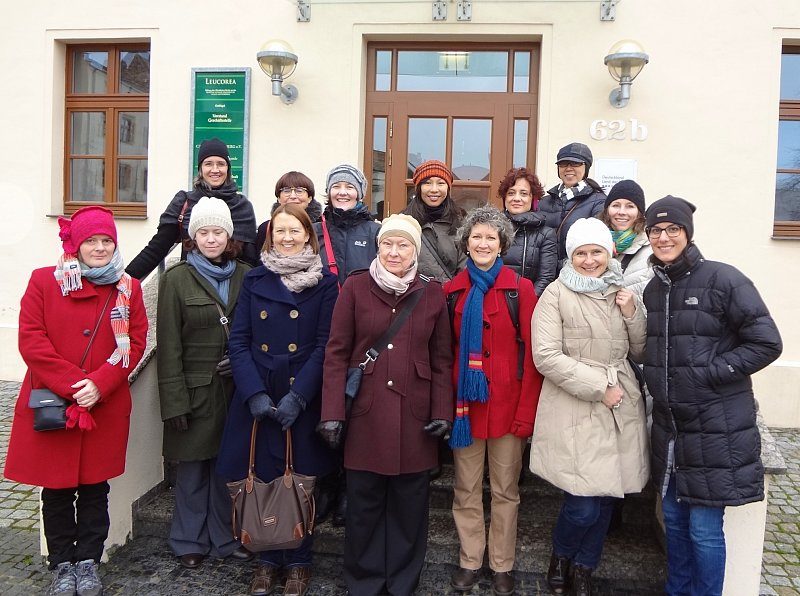Intercontinental Crosscurrents provides a cooperative network for researchers from all scholarly disciplines interested in the literal and metaphorical networks created and navigated by women from the European and American continents during the long nineteenth century (1776-1939).
The network is broadly inspired by transatlantic research within literary, cultural, and historiographical studies. We follow Transatlanticism’s central conviction that the metaphorically rich arena of the Atlantic Ocean, carrying ideas of change, of cultural and literary conversation and transgression, offers ways to conceptualise a field of study that enables scholars to move beyond the discussion of individual national cultures and literatures by emphasising the space that has essentially connected individuals, philosophical ideas, and practices from the sixteenth century onwards.
At the same time, we aim at circumventing the pitfalls frequently noted by transatlantic scholars, notably the dominance of the Anglo-American perspective and the adherence to ideologically charged transnational approaches that negotiate, yet implicitly confirm national borders and identities. With Intercontinental Crosscurrents, we wish to connect researchers interested in intercontinental women studies. We intend to intertwine research conducted in different national contexts and different academic fields, and hence to help span the great divide threatening the productive exchange of interdisciplinary performance. We thus envision this network to revive the close literary, cultural, and ideological ties among women (and men) on both sides of the Atlantic Ocean that flourished during the long nineteenth century.

The network was launched by a group of scholars meeting for a first conference on the issue in December 2013 at Wittenberg, Germany. Participants examined a wide variety of transatlantic women’s networks and their relation to numerous transatlantic themes, including the history of ideas, the migration of texts, identity formation, literary production and reception, feminism and emancipation, immigration, and social reform. For further information on the conference program, see here.
The conference allowed us to discuss various formats for future collaboration. We envisage follow-up conferences held at various international locations, cooperation for conference panels, as well as students’ conferences to encourage the participation of young academics.
We invite all scholars interested in joining the network to contact us. We have created a LISTSERV for the discussion of questions relating to the study of nineteenth-century women networks as well as the exchange of news. If you would like to subscribe to the LISTSERV, please contact Sandra Harbert Petrulionis (shp2[at]psu.edu).
